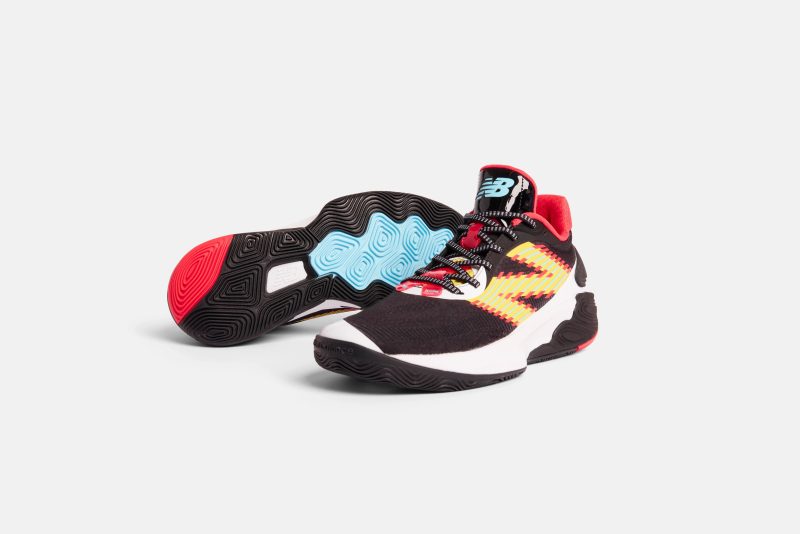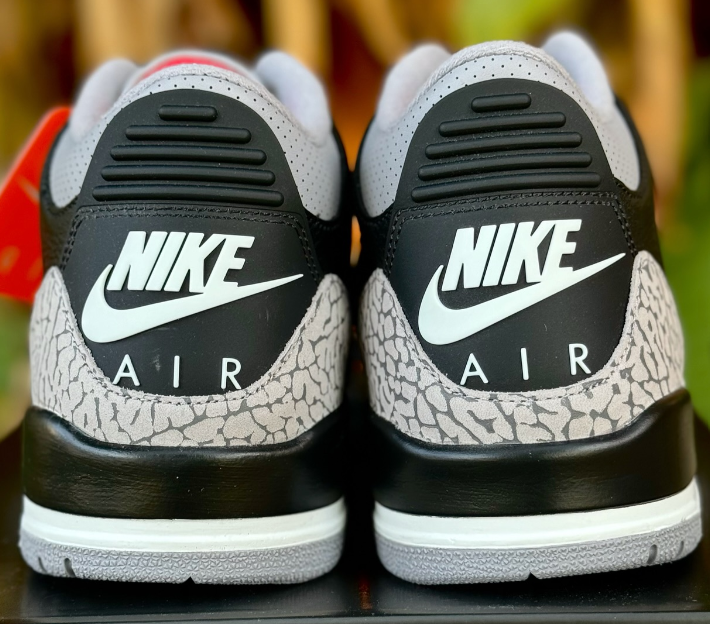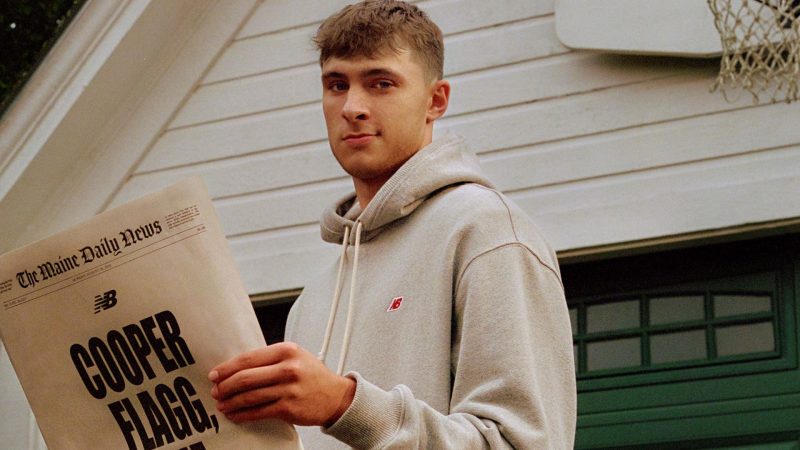- 7,137
- 481
- Joined
- Dec 30, 2008
If you don't like it, you don't like but I think people are crazy when they say it's boring to watch.
I'm not a Jose hater, but ever since his spells at RM & now back at Chelsea, his sides have been god awful to watch. This game was more the by product of Chelsea & less of Atleti. Atleti has been fun to watch this year more so than last year.
Watching Jose's teams for me is like watching a little old lady whose never driven a stick & given a Lambo to drive. Its like watching the old lady constantly grinding the gears & stalling out.
If you want to talk ugly football, his sides have been terrible to watch a lot of times. That's my opinion though. :roll eyes
His sides have also set EPL and La Liga records for goals scored in a season. He works with what he has.




 good looks NT
good looks NT





